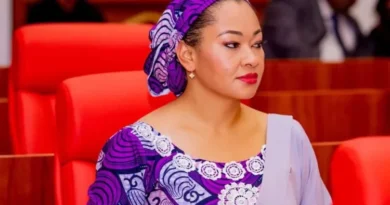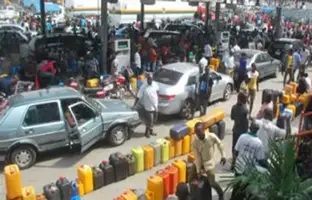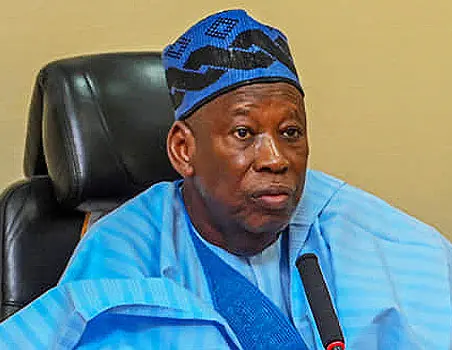Senator Jimoh Ibrahim Urges FG to Replace Palliative Funds with Food Vouchers
Senator Jimoh Ibrahim (APC Ondo South) has called on the Federal Government to replace its current palliative distribution system with food vouchers to better address food insecurity and reduce mismanagement of public funds. Speaking at an interactive session with journalists on Wednesday, Ibrahim, who chairs the Senate Committee on Inter-Parliamentary Affairs, emphasized the need for more efficient and transparent solutions to assist poor Nigerians.
Ibrahim suggested that food vouchers, issued to citizens across Nigeria’s 36 states and 774 local government areas, could replace the current system, which often sees billions of Naira allocated for palliative programs mismanaged or diverted. By providing food vouchers, the government would ensure that assistance directly reaches the people who need it most, rather than getting lost in the system.
The senator also pointed out that food vouchers could help address Nigeria’s growing food insecurity issue and improve the country’s low Cash to GDP ratio, which stands at just 1.5%. The Cash to GDP ratio refers to the amount of currency in circulation compared to the country’s Gross Domestic Product. Ibrahim noted that Nigeria’s ratio is low compared to more developed nations, where the ratio typically ranges from 5% to 10%.
While praising the efforts of President Bola Tinubu’s administration for increasing the Cash to GDP ratio from 1% to 1.52%, Ibrahim argued that food vouchers would help Nigerians access essential food supplies without relying on cash. Additionally, the senator proposed that the government should raise taxes on the wealthy, particularly those spending large sums on luxury items such as private jets, expensive cars, and properties abroad.
He concluded by urging the government to adopt a more comprehensive approach, including better taxation of the rich and the introduction of food vouchers to support the poor, to ensure a more equitable and effective distribution of resources.








